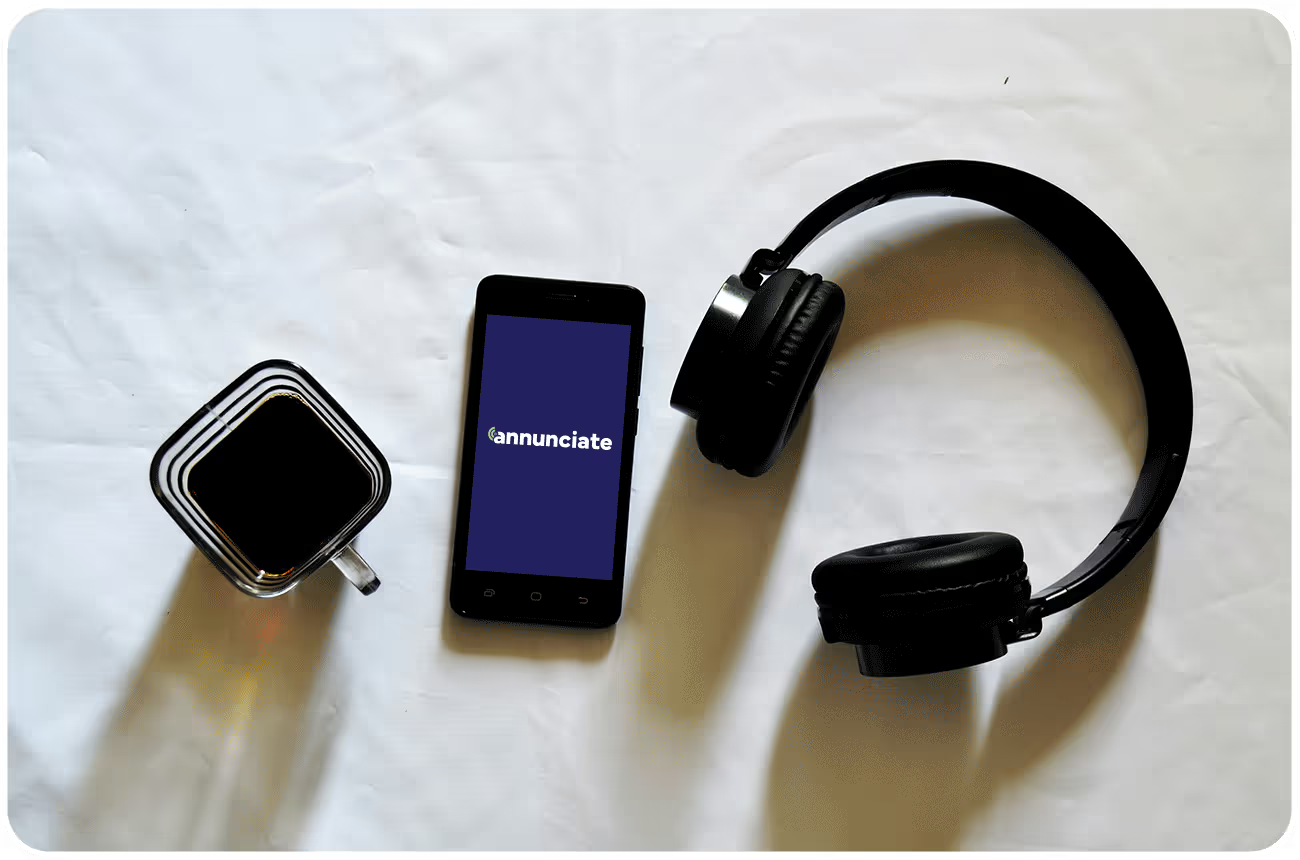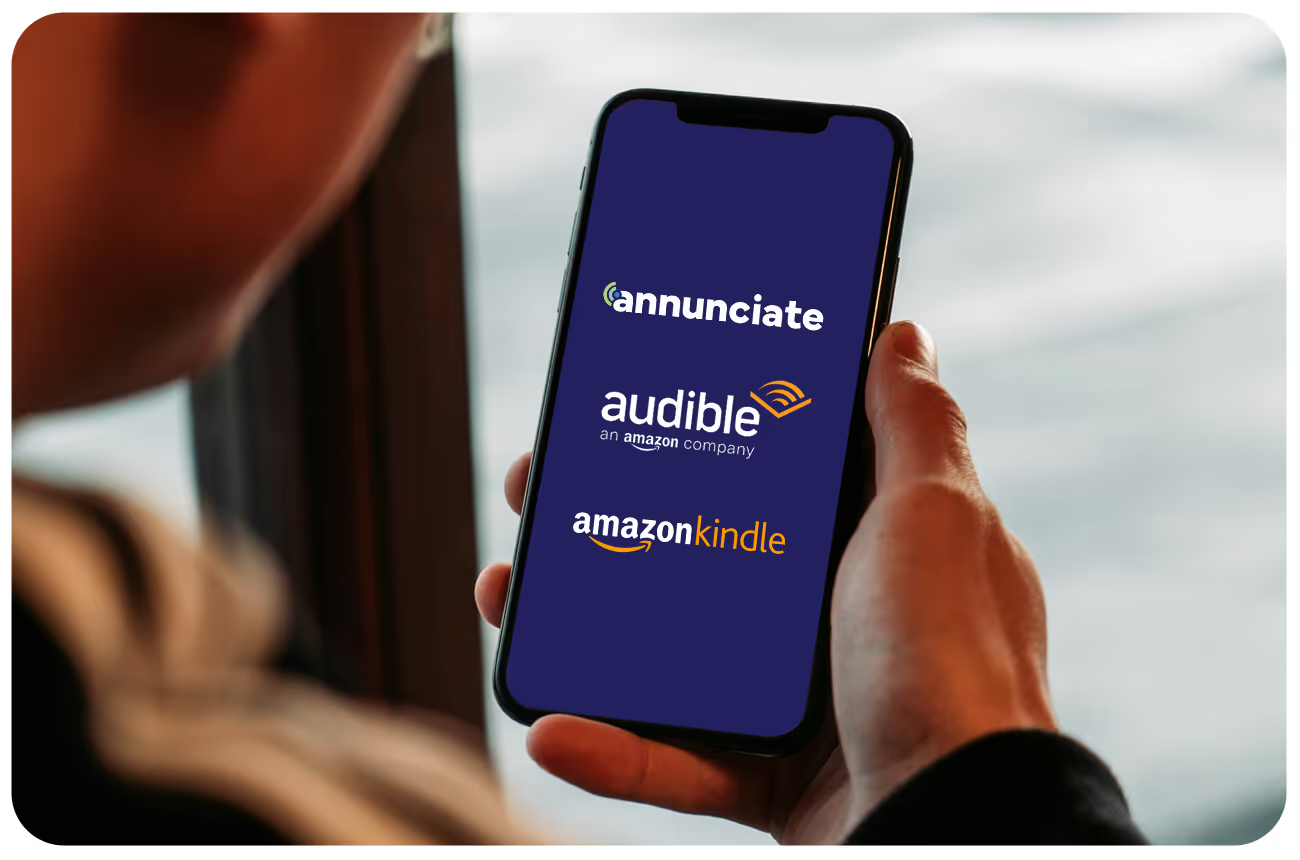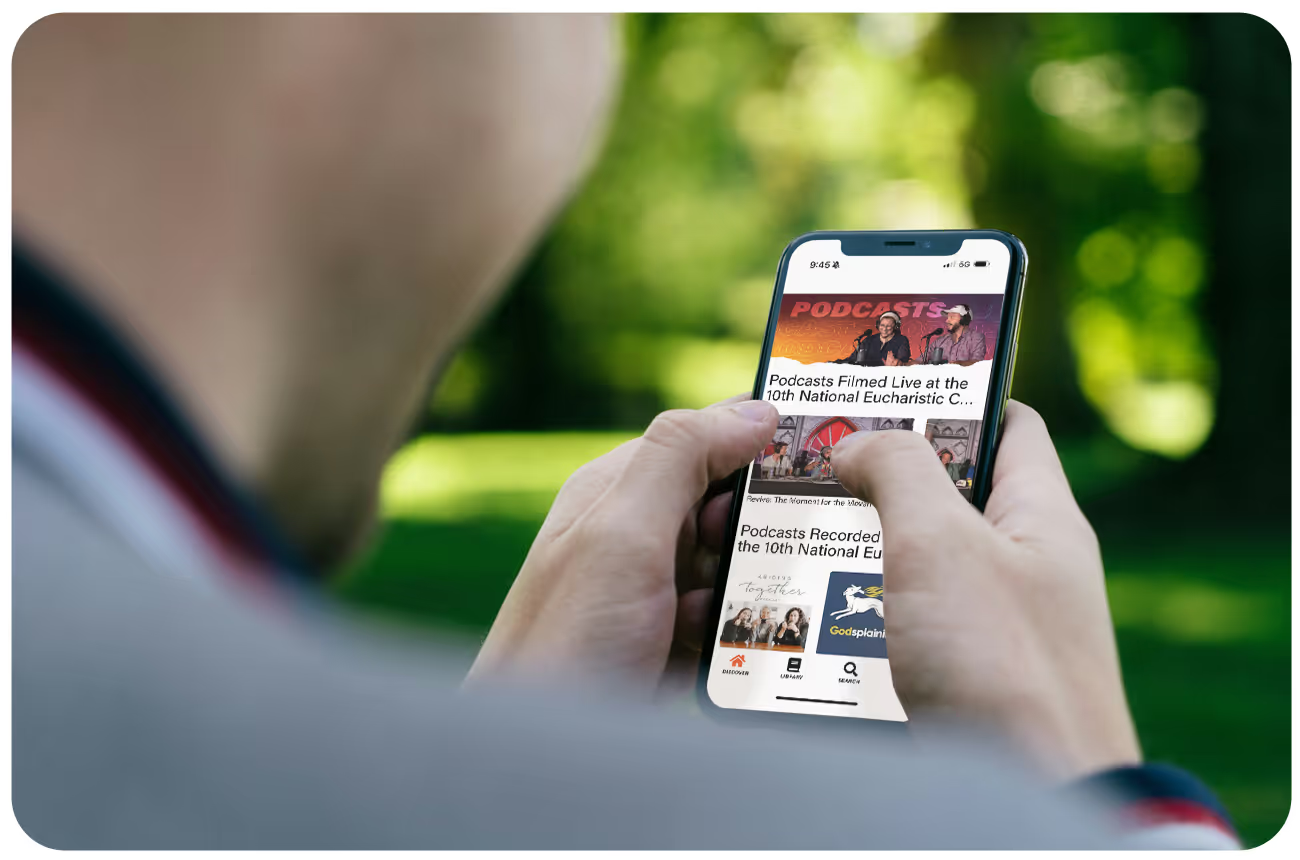
Why Brands Prefer White Label Apps over Third-Party Platforms
Article Outline:
- How Big Tech steals profits from content creators and publishers
- How to regain ownership of data that’s rightfully yours
- How to avoid hidden fees and keep more profits for your brand
- How to stop building Big Tech brands and start building your own
- How to unleash your brand and drive your mission forward

Why the Switch?
Content creators and publishers have seemingly endless options for digital publishing solutions. So why are more and more brands switching from third-party platforms to white label apps? The short answer is that Big Tech is stealing from them, but let’s explore how.
While Big Tech platforms have traditionally been the popular choice, brands are now choosing white label apps like Annunciate for the advantages they provide, including:
- Data ownership
- Retained earnings
- Stronger branding
Keep reading to learn why each of these advantages makes white label apps the preferred choice for brands today.

Data Ownership
Data is critical to the success of any business. If you don’t know who your customers are or how they’re interacting with your content, you won’t know how to serve them or what new content to develop. This leads to a disconnect and ultimately a loss of trust between your customers and your brand.
The Problem: Third-Party Platforms Limit Data Access
Third-party platforms can be easier to use for those with limited experience in digital publishing. However, these Big Tech platforms often provide data in the form of standardized dashboards, limiting brands’ access to data from their own audience.
Standardized dashboards are considered to be more user-friendly, but without the ability to customize and integrate their own analytics tools, brands are missing out on specific KPIs and metrics they need to serve their audience well.
Don’t be fooled into thinking that this data isn’t being captured. Behind the scenes, third-party platforms are collecting your data and using it to feed their own strategies, even though they’re not sharing that data with you. This builds big tech platforms while limiting your brand’s ability to grow.
For this reason, many content creators and publishers are turning to white label apps to get access to the data they need—and that is rightfully theirs.
The Solution: Data Ownership and Customizable Options
White label apps like Annunciate give brands the ability to control and retain ownership of their data. With options for integrating custom analytics tools and providing real-time data, these apps allow brands to track more detailed insights than are normally available within third-party platforms.
And because brands own the data that’s collected, they have control over how it’s used. This access gives brands what they need to make informed decisions on content creation and optimization to serve their audience better and ultimately build their brand.

Retained Earnings
In addition to sacrificing access to important data, content creators and publishers also forfeit larger cuts of their revenue when they use third-party platforms. Considering these costs, more brands are exploring how they can increase retained earnings by using white label apps.
Third-Party Cuts, Fees, and Costs
Third-party platforms typically charge users a percentage of the revenue they make on the platform, but even if that percentage is modest, complicated fee structures can quickly increase the cost. Some examples include:
- Subscription fees
- Tiered pricing
- Transaction fees
- Add-on charges
- Maintenance fees
And that’s not even an exhaustive list! With third-party platforms, there are plenty of ways for brands to lose more and more revenue to Big Tech. Additionally, complex fee structures make it difficult for brands to plan financially because the actual cost can fluctuate from month to month depending on usage, transactions, etc.
Who’s Really Making Money Here?
While most of these platforms offer monetization options for brands, at the end of the day, the platform itself is the one making money off the brands, their content, and their audience.
Third parties that take higher cuts of brands’ revenue can have ethical implications for brands whose mission and values don’t always align with the platform’s. (Plus, brands whose values noticeably misalign with Big Tech platforms’ run the risk of these platforms blocking or even removing their content, with or without notice.)
White label apps like Annunciate are often more affordable, with lower overhead costs and simpler fee structures.This allows brands to keep more of their profits, freeing up revenue to invest back into their mission and better serve their audience.
While the overall cost can vary based on the app and level of customization needed, white-label apps provide more flexible pricing options than big tech platforms, making them the ideal option for brands that want to keep more of their own profits for their own mission.

Stronger Branding
Big Tech platforms are often a go-to for smaller brands and digital publishers because they’re relatively easy to use and are readily recognizable by the broader population.
Who’s Promoting Whom?
However, there are a couple of trade-offs. One is that because of the popularity of these larger platforms, brands need to compete with thousands or even millions of other brands for visibility.
The other big trade-off is that creators and publishers have fewer options for branding on these platforms, such as:
- Limited customization
- Pre-defined templates
- Restrictions on branding elements
- Less control over the user experience
These and other factors compromise a brand’s ability to represent themselves well. Plus, in most cases, removing third-party branding isn’t an option, forcing content creators and publishers to promote Big Tech’s brands alongside their own.
Essentially, Big Tech is building its brand and platforms off the brands of smaller creators and publishers.
A White Label App Is All About Your Brand
An option that allows creators to build their own brands is—you guessed it—a white label app. As the name implies, these apps are like a blank canvas for brands, providing more options to customize the app and make it look and feel like the brand.
A white label app allows for a consistent brand image and seamless user experience across all user touchpoints, which is critical for building brand awareness and authority with the target audience.
A white label app provides the functionality of most third-party platforms but without third-party branding. This enables content creators and publishers to feature their brand more prominently and have more control over the user experience. In short, those who go with white label apps are better able to represent their brand, connect with their users, and serve their audience while advancing their mission.
Unleash Your Brand
Brands that use white label apps are reaping more benefits than those who stick with third-party platforms. By retaining their data, their profits, and their branding, these content creators and publishers are leveraging white label apps to build their brands.
Do you want to own your data, keep more of your profits, and strengthen your brand? Get in touch with our team to learn about the possibilities Annunciate can unlock to help drive your mission—not Big Tech’s—forward.


